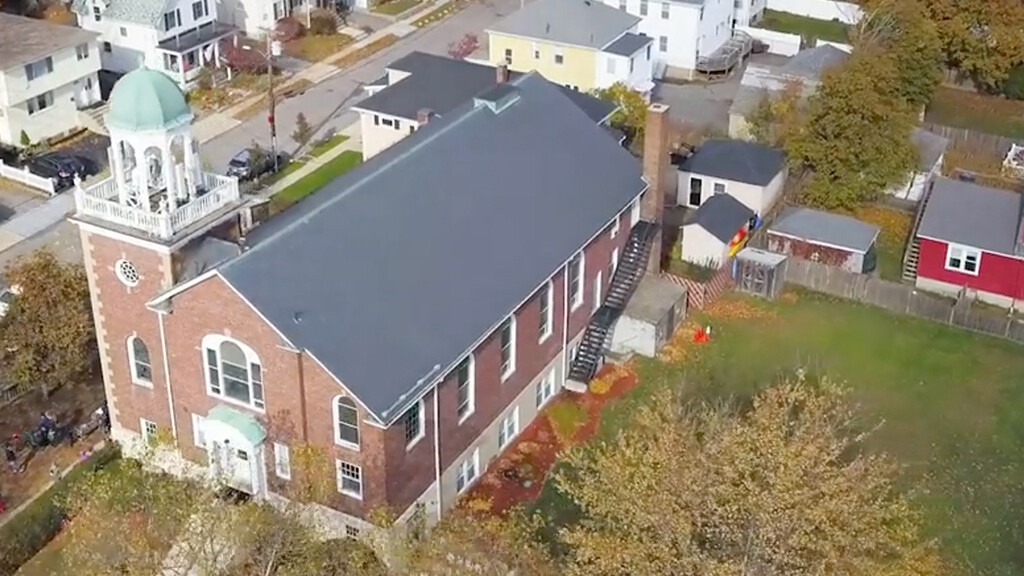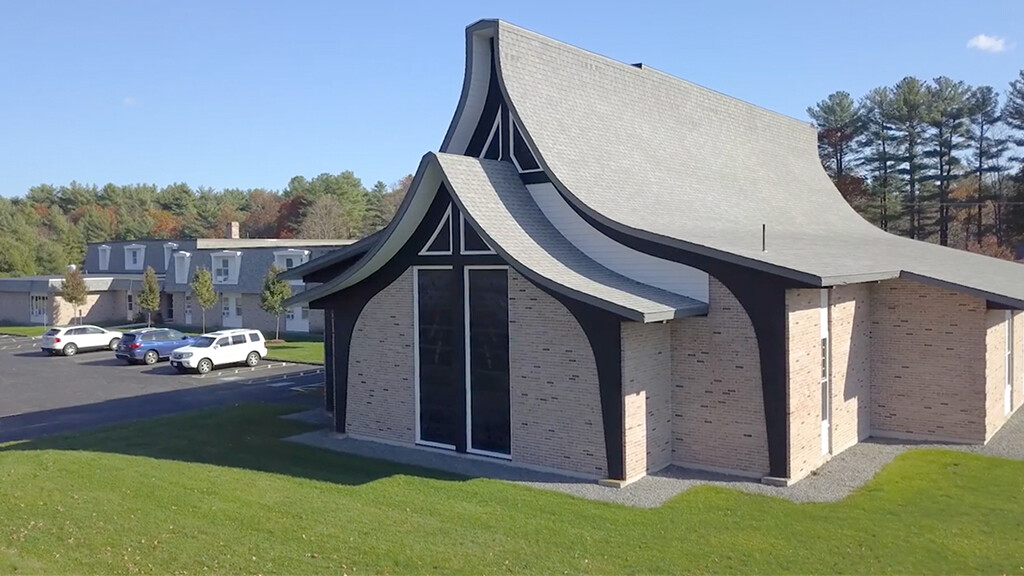
The Art of Friendship: Intentional Openness
(4 min read)
What if we considered the following idea: friendship is not only an art that Christians should excel at, but one we have woefully forgotten? Christians may still do an alright job of being friendly with those they agree with, but what about with people who share a different worldview than the one they possess?
In our more and more connected society, it appears that we are only becoming more disconnected with anyone that does not look like us, talk like us and think like us. I am in a profession where I talk with a lot of Christians and many of them say the same thing. “I feel like I have friends within the Church, but I don’t know how to meet people outside of the Church.”
Imagine if you will…
So, if you would, I would challenge you to engage your imagination and pretend that you and I are having a conversation over a shared beverage. (I’d suggest choosing somewhere pleasant – after all it’s your imagination and therefore it is free. I am a fan of Boothbay Harbor, but this is your imagination not my own.) Now consider everything I am about to tell you as an invitation card that you can place on your kitchen counter. It may stay there for a while, but it’s always valid and always waiting.
The Problem
There are many reasons that this invitation might gather dust; you might have some anxiety about striking up a conversation with a stranger, or perhaps you may not know when or where you can go to meet people who are different from you, or you might feel like you don’t have time.
All of those are real and genuine challenges to consider, but let me first direct our attention to the example that Jesus gave. I find that many of our mistakes can be avoided if we simply focus our eyes on him.
Jesus’ Example
Christ was the kind of individual who walked slowly through a crowded area, connecting and talking with people (even when it annoyed his followers). In John 4, we see a scene of Jesus, tired from his journey, sitting down and striking up a conversation with a stranger at the well.
This stranger was the kind of stranger that Jesus had no business talking to; different culture, different worldview, someone that a Jewish individual would avoid in those days. Christ had every reason to block out everyone in that town and take some “me time,” but he didn’t.
My observation of that scene is simple: Christ was intentionally open to conversing and connecting with individuals who were radically different from him, even when he had reasons to avoid them.
Let me just take a sip of my imaginary beverage before we continue.
The Invitation
I wish I was the kind of individual who is always intentionally open to conversation. I need to do a better job at walking slowly, taking my headphones out, and intentionally engaging with the people I walk by every day.
I don’t know about you, but when I’m tired, when I’m rushed, when I’m running late on a deadline and need to get work done, I am not interested in striking up conversations with strangers.
I recognize that you may come to this subject from a different place than my own. I’m introverted and get anxious when I enter a room full of people. You may be different – maybe you gain energy from talking with others and have no sense of fear at engaging with people, praise God!
However, I get the sense that Christians can improve in this area. So, where does that leave us, and what can we do to follow the example of Christ in this area?
Well, imagine with me that invitation I mentioned earlier, gathering a bit of dust on your kitchen counter. Go on, pick it up.
If you look closely, it’s still valid, and it says “Meet people where YOU come alive.”
A friend of mine from Portugal once challenged me with this idea that as Christians we should start by meeting individuals wherever our hearts come to life.
This friend happened to be a Surfer. He felt most like himself when he was watching the wind shape the water into waves that he could ride. Christ was always intentionally open, yet we are not Christ; we may need to start small.
So, my friend decided to make an intentional effort to practice “openness” in the areas of his life where he came to life.
Where do you come to life? What is an activity or event that makes you feel like you are returning to yourself? It might take some time to come up with it, but I challenge you to take some time this week and think through that.
Once you find that out, I challenge you to go out this week and enjoy it while practicing intentional openness. Look around, observe the world and the people you are surrounded by, and ask God, “How can I be a friend to these people?”
This may feel like it raises more questions than it solves. “What should I do when I am at that place? How do I meet people at that place? How do I strike up a conversation without being weird?”
We will get to some of those questions next time we meet up here (**gestures at the imaginary landscape which you have conjured up) but for the time being, I would like to leave you with a question. When you examine your life, is this an invitation that you need to accept and experience? It is right there after all, sitting on the counter.
Photo by Woody Kelly on Unsplash






